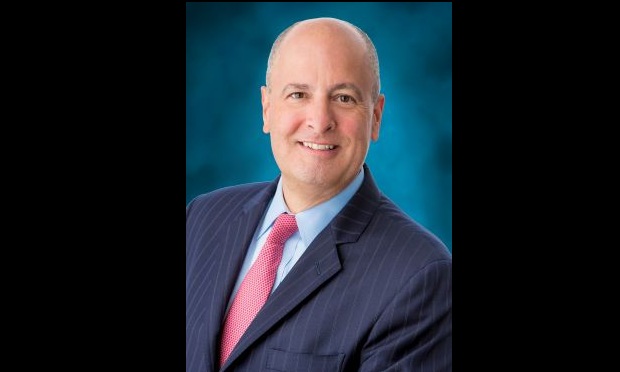NU Online News Service, July 22, 3:17 p.m. EDT
Agents and underwriters sparred with Agriculture Department (USDA) representatives over agent commission caps put forth as part of the mandated cuts to the federal crop insurance program at a House subcommittee hearing.
The comments were made at a hearing before the Subcommittee on General Farm Commodities and Risk Management of the House Agriculture Committee.
The comments related to a new Standard Reinsurance Agreement (SRA) that cuts U.S. subsidies to the federal program by $6 billion over 10 years.
The program is administrated by the USDA's Risk Management Agency.
The size of the overall funding cut in the program–30 percent over 10 years–"remains unsupported and represents a decided risk to the companies," said Robert Parkerson, president of National Crop Insurance Services, which represents the crop insurance companies.
And John F. Dalton, president of Midwest Insurance Associates LLC and the Agri-Land Insurance Agency in Council Bluffs, Iowa, added that the contract signed earlier this month between the producers and the USDA marked the first time any federal agency has attempted to regulate crop insurance commissions rather than allow the marketplace to determine the appropriate commission rate.
"This also represents the first time that the federal government has intervened in the agent-company relationship," Mr. Dalton said as a representative of the Independent Insurance Agents and Brokers of America (IIABA).
"The IIABA strongly opposes the new SRA's commission cap provisions," he said.
But, William Murphy, RMA administrator, said the new contract "provides a reasonable rate of return to the companies for delivering the program."
In defending the decision to impose both a "hard" and "soft" cap on agent commissions, Mr. Murphy said that "even in the face of administrative and operating cuts in the program imposed by Congress, companies were unable to contain the escalation in agent commissions."
Mr. Murphy said, "As regulator for the federal crop insurance program, RMA saw a clear need to ensure that companies have sufficient funds to pay operating expenses (including agent commissions) without resorting to the reliance on uncertain underwriting gains."
He added, "History has shown us this step is necessary," citing the 2002 failure of American Growers Insurance Company, "which failed in large part because of high commissions paid to retain and acquire agents."
James Deal, a retired USDA employee who formerly managed the Federal Crop Insurance Corporation, also defended the cuts in commissions.
He said the Risk Management Agency "has been criticized by the Government Accountability Office and other oversight bodies for five years" for the high level of agent commissions.
He added "Many of these agents received substantially more than all of the administrative and operating expense funds, leaving the company with nothing left to provide underwriting and claims service to the farmer … a major intent of the subsidy."
Mr. Dalton, though, pointed to research that shows that the average commission rate has declined from 2008 to 2009, which he said proves that allowing the marketplace to determine commission rates works.
"The agent cap does not impact the crop insurance budget, doesn't save the federal taxpayer any money, and has no policy merit," he said.
He added, "Because of the work of insurance agents, the crop insurance program has grown from relative obscurity to the widely used and successful program we are discussing today."
Want to continue reading?
Become a Free PropertyCasualty360 Digital Reader
Your access to unlimited PropertyCasualty360 content isn’t changing.
Once you are an ALM digital member, you’ll receive:
- Breaking insurance news and analysis, on-site and via our newsletters and custom alerts
- Weekly Insurance Speak podcast featuring exclusive interviews with industry leaders
- Educational webcasts, white papers, and ebooks from industry thought leaders
- Critical converage of the employee benefits and financial advisory markets on our other ALM sites, BenefitsPRO and ThinkAdvisor
Already have an account? Sign In Now
© 2025 ALM Global, LLC, All Rights Reserved. Request academic re-use from www.copyright.com. All other uses, submit a request to [email protected]. For more information visit Asset & Logo Licensing.








